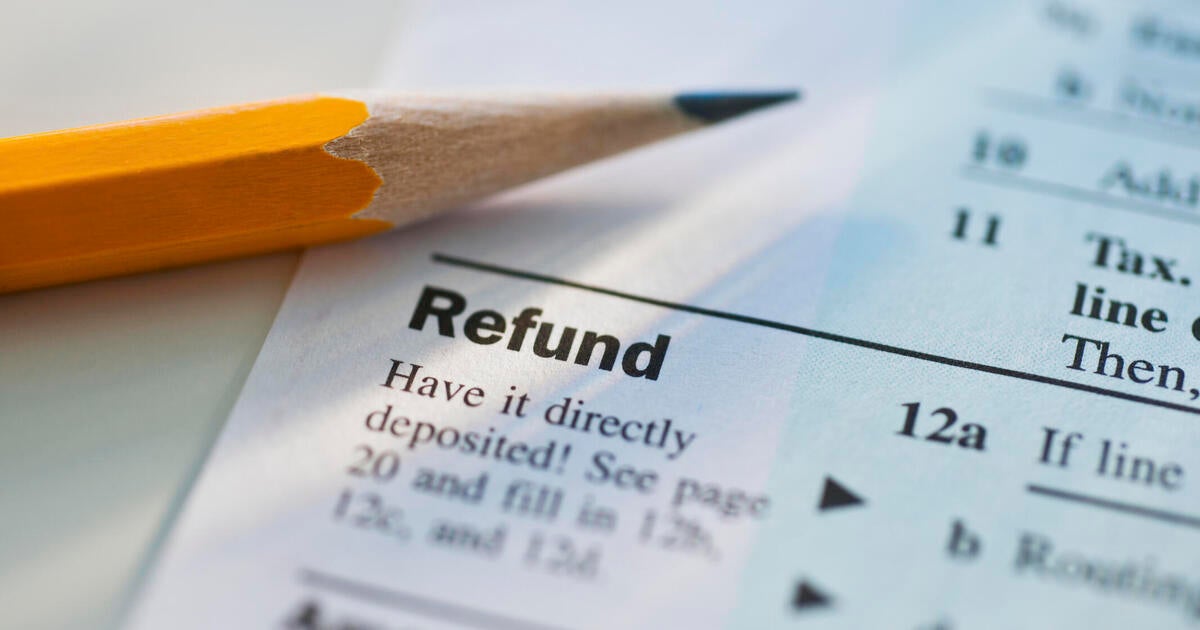We may receive commissions from some links to products on this page. Promotions are subject to availability and retailer terms.

Tetra Images/Getty Images
Opening your mailbox to find an unexpected tax bill from the Internal Revenue Service (IRS) is rarely a pleasant experience — especially if you filed your taxes expecting a refund or at least a minimal amount due. But while most taxpayers assume that their return was correctly processed, things like errors and miscalculations can lead to discrepancies that result in receiving a bill from the IRS instead. When this happens, it can derail your financial plans and leave you scrambling to understand what went wrong.
There are several reasons why this issue might occur. The IRS may have received income reports from employers, clients or financial institutions that don’t match the details you reported on your return, for example. Mistakes in tax calculations, unclaimed deductions or misfiled paperwork can also result in owing more than you expected. Plus, tax laws are complex, so even a small misunderstanding about how certain credits or deductions apply to your situation can lead to a higher tax liability.
If you’ve received a surprise tax bill, you may be wondering whether you have to pay what the IRS demands or if it’s possible to formally challenge the amount owed. So can you dispute your tax bill with the IRS? Below, we’ll break down what to know.
Get help with your IRS tax debt today.
Can you dispute your tax bill with the IRS?
Yes, you can dispute your tax bill with the IRS if you believe it contains errors or if you disagree with the amount owed. The IRS has a formal dispute process in place that allows taxpayers to challenge the additional taxes they’re assessed. This process is especially important for those who may have been incorrectly charged due to a mistake in reporting, miscalculated deductions or other discrepancies.
The IRS acknowledges this right in its Taxpayer Bill of Rights, which explicitly states that taxpayers have “the right to challenge the IRS’s position and be heard.” This means the agency is legally obligated to provide you with a fair and impartial administrative appeals process where you can present documentation and arguments supporting your position.
The IRS typically notifies taxpayers of any additional tax liability through a notice, such as a Statutory Notice of Deficiency. These notices outline the reasoning for the adjustment by the IRS and provide instructions on how to respond. So, if you believe the information is incorrect, you have the right to dispute it by providing documentation and evidence to support your claim.
It’s important to understand, though, that disputing a tax bill isn’t about avoiding legitimate tax obligations. Rather, it’s about ensuring the amount you’re being asked to pay is accurate according to tax law.
Chat with a tax professional about your options now.
How to dispute your tax bill with the IRS
To formally dispute your tax bill, you must follow the specific procedures outlined by the IRS. The first step is to review the notice carefully and determine why the IRS is claiming additional tax liability. If you believe the IRS made an error, gather all relevant documents, such as W-2s, 1099s, deduction receipts or any other supporting evidence.
You can dispute your tax bill in several ways, including:
- Request a reconsideration: If you disagree with the IRS’s findings, you can request a reconsideration by responding directly to the notice and providing documentation that supports your position.
- File an appeal: If the IRS denies your initial response, you have the right to file an appeal with the IRS Independent Office of Appeals. This process allows for a more in-depth review of your case and provides an opportunity to negotiate a settlement or correction.
- Petition the U.S. Tax Court: If all else fails, you may take your case to the U.S. Tax Court to challenge the IRS’s determination. However, this step is typically pursued as a last resort and may require legal assistance.
Navigating the dispute process can be complicated, however, which is why many taxpayers choose to work with a tax relief service during the process. A tax relief service can provide professional guidance, ensuring that your dispute is handled correctly and efficiently. These services are staffed by tax professionals, including enrolled agents, CPAs and tax attorneys, who understand IRS procedures and can help you build a strong case. As a result, using a tax relief service may increase your chances of a successful dispute while minimizing stress and uncertainty.
The bottom line
Receiving an unexpected tax bill doesn’t mean you’re automatically obligated to pay it. The IRS makes mistakes, misinterprets information and sometimes applies tax law incorrectly. And, as a taxpayer, you have the right to challenge assessments you believe are inaccurate. By understanding your rights and following the proper dispute procedures, you can potentially save yourself from paying taxes you don’t legitimately owe. But even if the dispute doesn’t completely eliminate your tax liability, the process often leads to more manageable payment options that can significantly ease your financial burden.
Angelica Leicht is senior editor for Managing Your Money, where she writes and edits articles on a range of personal finance topics. Angelica previously held editing roles at The Simple Dollar, Interest, HousingWire and other financial publications.









